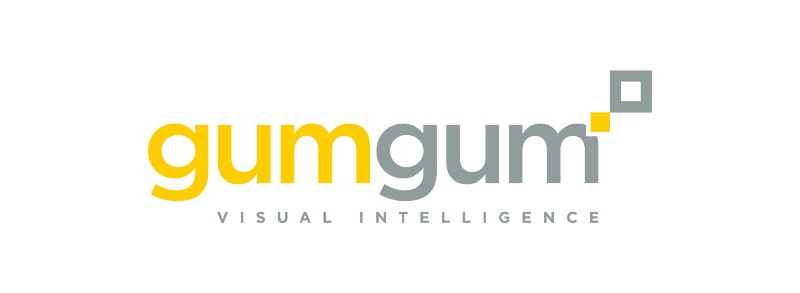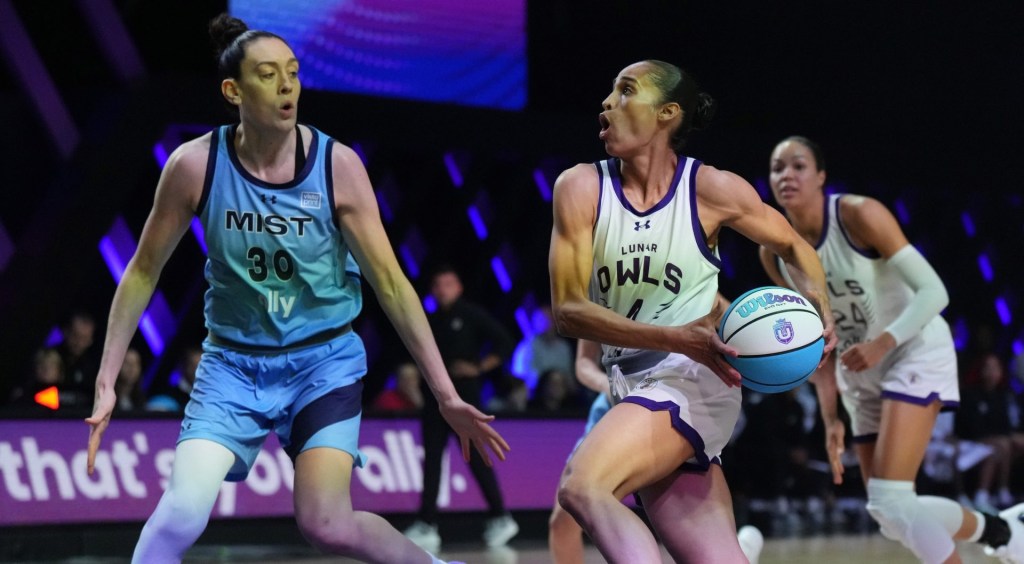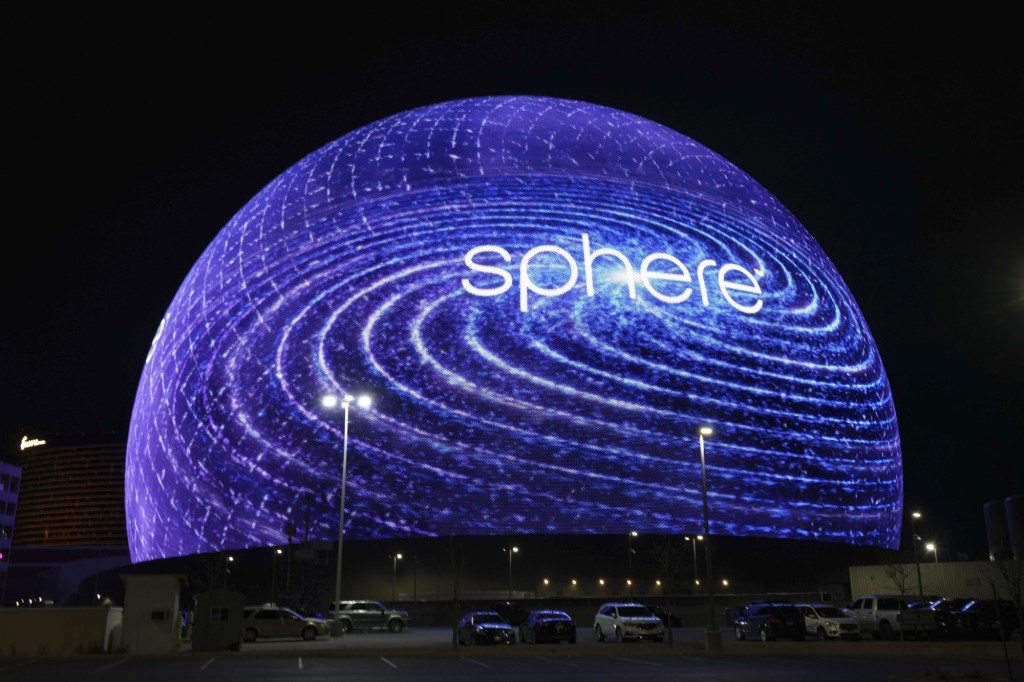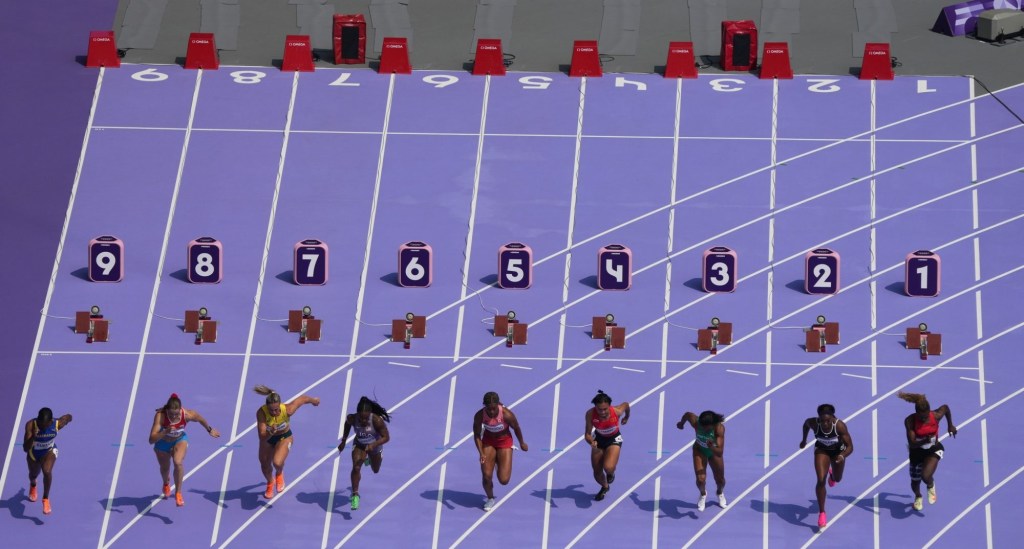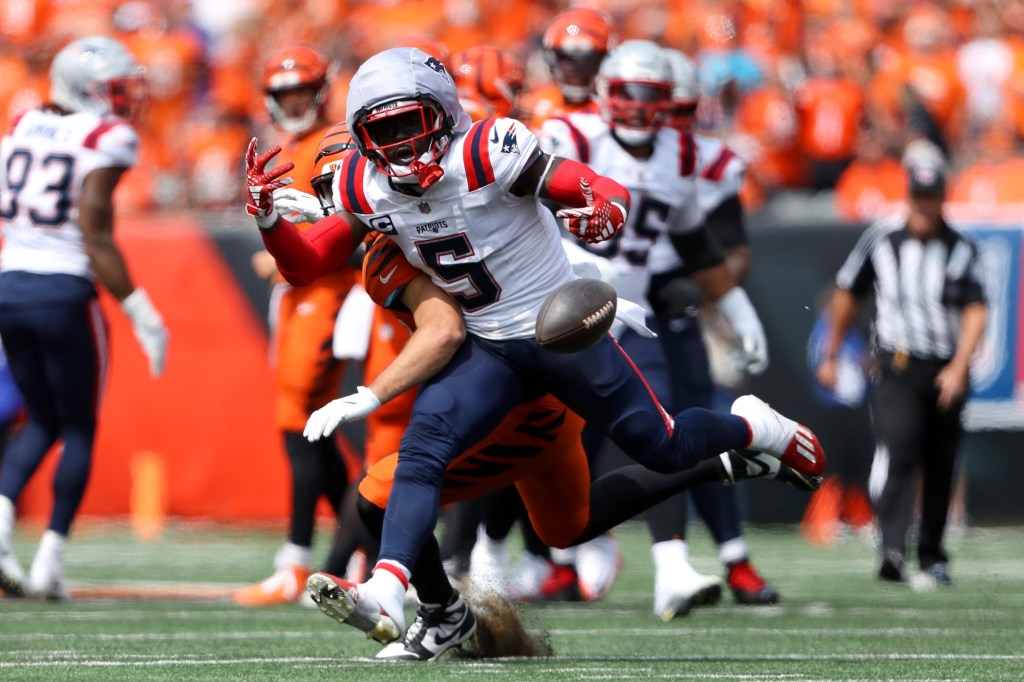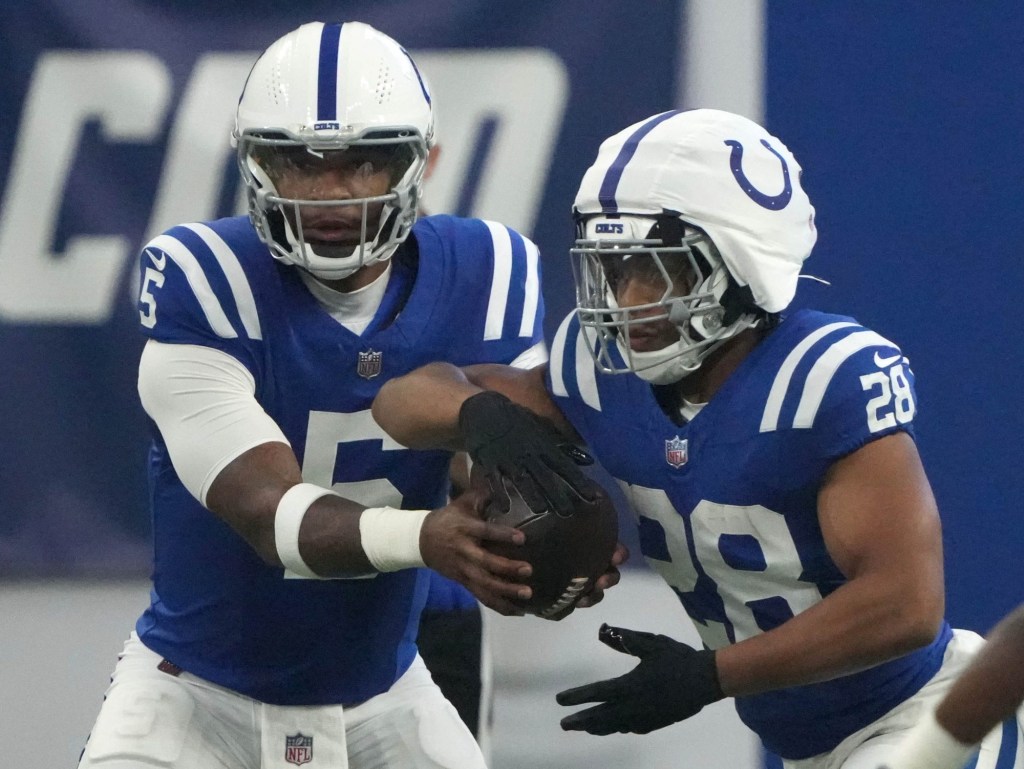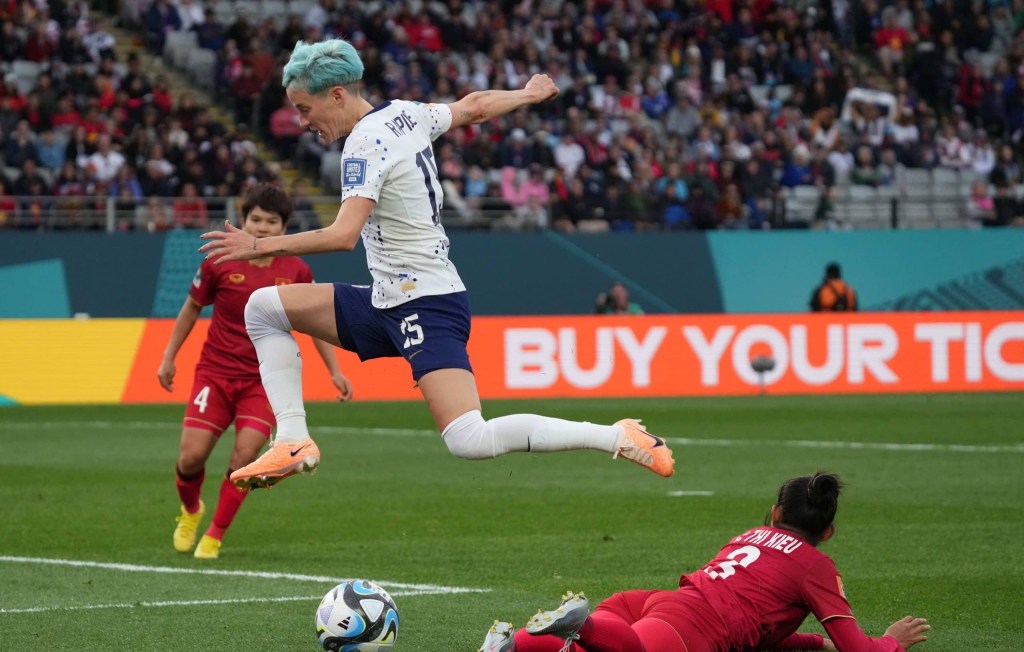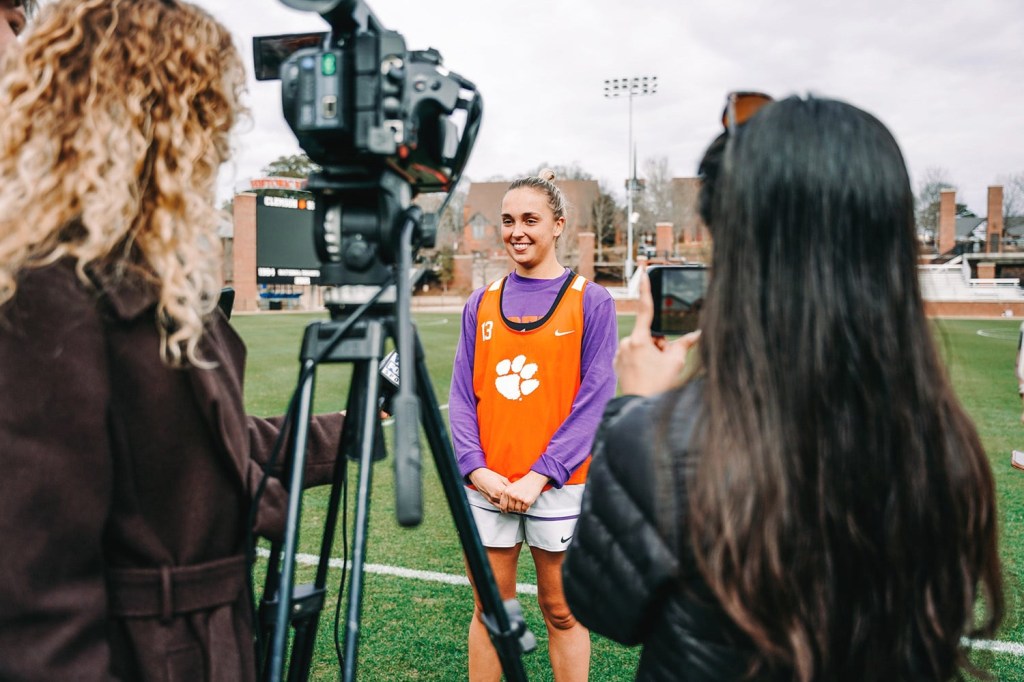GumGum Sports’ partnership with the New Orleans Pelicans and Saints could be important for both sides.
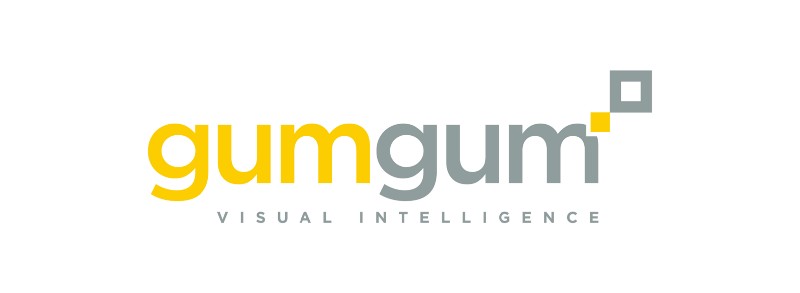
The beauty of many technological innovations — and indeed, particularly ones of modern significance, such as blockchain and artificial intelligence — are that they create vast new industries that had not existed prior. Unfortunately (or fortunately), this also results in the disruption of incumbent industries.
The term “artificial intelligence”, in practice today, really refers to machine learning — which boils down to a bunch of mathematical algorithms used to solve problems and find patterns in data. So far, machine learning has been adopted by large tech companies, but has yet to reach full adoption in more traditional industries, such as sports marketing.
The Role of Agencies
Sponsorship agencies, as they currently stand, generally do a few, specific jobs for corporations: macro sponsorship strategy, valuations, negotiations, and creative activations.
These jobs act as extremely valuable services. By focusing on specific, niche tasks, they can create a reasonable alternative to developing in-house teams (whether it be by building or acquiring) — which can be extremely costly, with uncertain reward. Depending on who you ask, agencies can either act as an imperfect or superior substitute to in-house teams.
For large corporations, who are generally risk-averse, agencies offer an attractive alternative to execute upon a medium that has grown steadily in popularity. Further, the well-documented proof of corporate short-termism provides evidence that the average corporation is unlikely to invest significantly in developing an in-house sponsorship team.
That begs the question: how does short-termism result in a lower willingness to pay for an in-house sponsorship team?
Short-termism stems from the desire to improve bottom line — that is, a given corporation’s desire to please their shareholders, who expect improved performance over each quarter. To invest in sponsorship is to invest in an intangible and near-immeasurable return. For the average firm, which is not invested in sponsorship as a primary method for marketing, this becomes difficult to rationalize as the amount of overall dollars spent on it increases.
Hence, the existence of agencies — entities that capitalize on the risk-averse nature of corporations, acting as outsourced human capital.
A large part of the agency’s role are the valuation and negotiations piece. For many agencies, their ability to place a dollar value on a specific asset directly leads to their competitive advantage (relative to agencies focusing on activations, ad agencies, etc.). With that said, the reason agencies were able to succeed was precisely because of the aforementioned subjectivity in sponsorship valuation. Subjectivity meant that agencies could provide different valuations with little protest from their clients, even if there was little objective thought involved. After all, they were the experts!
While theoretically, a free market could be effective in creating this objectivity, we would see a few issues with its development. For one, sponsorship requires niche focuses, leading to thin markets — and with few buyers and sellers, asset prices become more volatile, which are susceptible to the whims of the party with greater leverage.
GumGum Sports
This morning, GumGum Sports announced a partnership with the New Orleans Pelicans and Saints.
This is important because the value of an additional partnership for GumGum Sports may be much greater than for an average venture-backed startup.
Quick summary on GumGum Sports: as a standalone business unit within the larger GumGum, a startup which serves brands in advertising, GumGum Sports aims to capture the full media value of sponsorship by using artificial intelligence and computer vision. Though they have only been in existence for 11 months, they have managed to amass partnerships with teams in each of the big 4 North American sports leagues.
Computer vision means that GumGum Sports’ algorithms track the number of times sponsor logos appear on screens (including TV, streaming, and social media), which are then converted into a dollar value. My inclination is to believe that GumGum Sports uses their numbers to develop an expected cost of sponsorship. This would mean that at its best, GumGum Sports will require a large amount of data — made best if partners are willing to share it (which then creates a sort of “expected market value”). If the data required to train their algorithms come directly from partners, GumGum Sports’ success will be directly tied to the quantity and quality of data that they receive.
Utilizing AI to create valuations is valuable because it reduces marginal costs to zero. While traditional sponsorship agencies exert a large amount of man-hours to complete valuations, GumGum can theoretically complete them in short time, with greater accuracy. Given that a majority of agencies’ spend is allocated to human capital, this can cut costs significantly, becoming a real selling point for both brands and properties.
In addition, if GumGum reaches full adoption — that is, if both sides can use their algorithm to mutually agree upon a dollar value, it removes the need for a party to manage the negotiations (because it won’t be necessary). In other words, transaction costs are reduced, and the role of a traditional sponsorship agency is further marginalized.
In the meantime, this is potentially a great partnership for properties. The Pelicans and Saints can now rely on an objective third-party to measure their sponsorships, and assess the return that they create for their clients. If they are indeed creating strong value, they can report that to their clients — improving their chances at a renewal.
This piece has been presented to you by SMU’s Master of Science in Sport Management.
Front Office Sports is a leading multi-platform publication and industry resource that covers the intersection of business and sports.
Want to learn more, or have a story featured about you or your organization? Contact us today.
